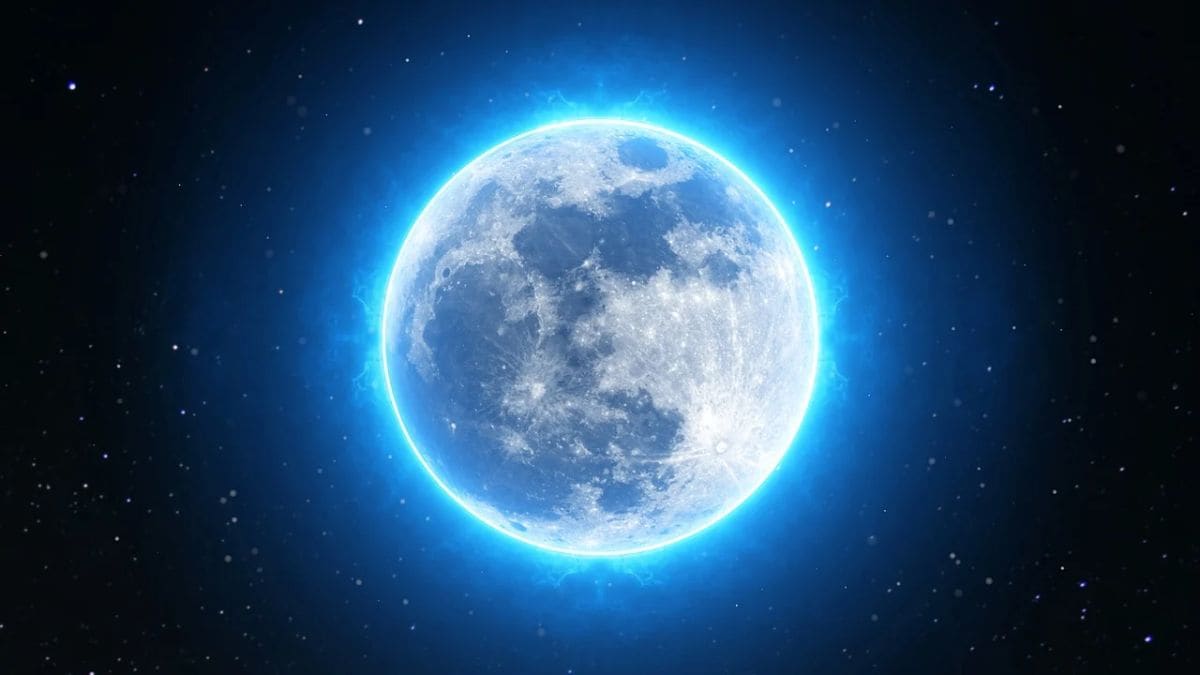A Blue Moon, a term often associated with rarity, will next occur on May 31, 2026. This event refers to the second full moon within a single calendar month, a phenomenon that arises due to the lunar cycle of approximately 29.5 days. Typically, 12 full moons are observed annually; however, the slight mismatch between the lunar cycle and the calendar year results in a 13th full moon approximately every two to three years, earning it the designation of a Blue Moon.
Types of Blue Moons Explained
As reported by NASA, there are two classifications of Blue Moons: seasonal and monthly. A seasonal Blue Moon is defined as the third full moon in a season containing four full moons, while a monthly Blue Moon occurs when two full moons appear within the same calendar month. The upcoming Blue Moon in May 2026 will be of the monthly variety.
Despite its name, the moon does not turn blue during this occurrence. The term has historical roots and is now widely accepted to describe these rare lunar events.
Historical Occurrences of Blue Moons
The last Blue Moon was recorded on August 19, 2024. Such events, while uncommon, are predictable and occur at intervals due to the alignment of lunar phases with the Gregorian calendar. The next seasonal Blue Moon is anticipated on August 21, 2032.
Can the Moon Actually Appear Blue?
Instances of the moon appearing blue are exceedingly rare and are attributed to atmospheric conditions rather than lunar phenomena. Volcanic eruptions, such as Krakatoa in 1883, and large-scale forest fires have caused atmospheric particles to scatter red light, giving the moon a bluish tint.


